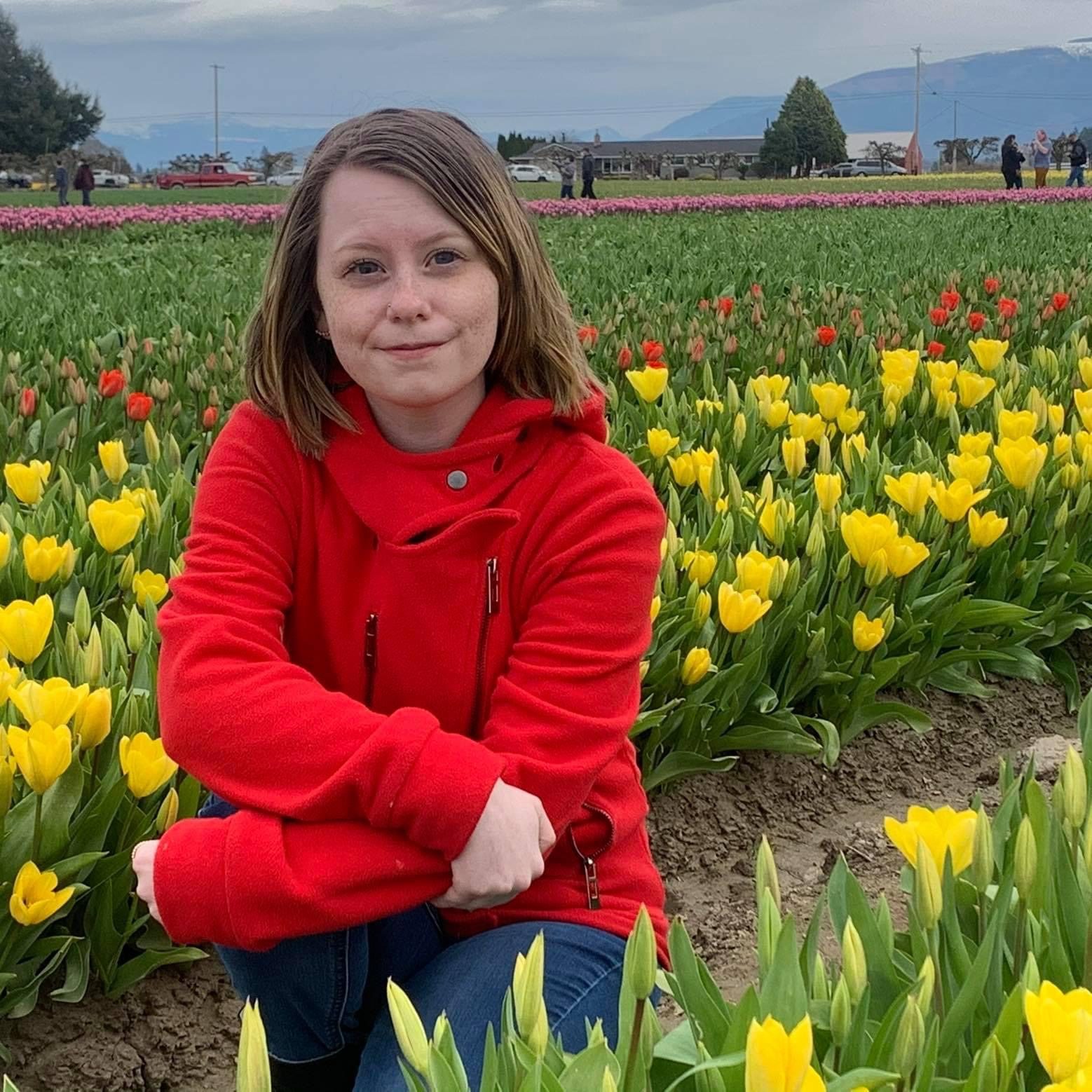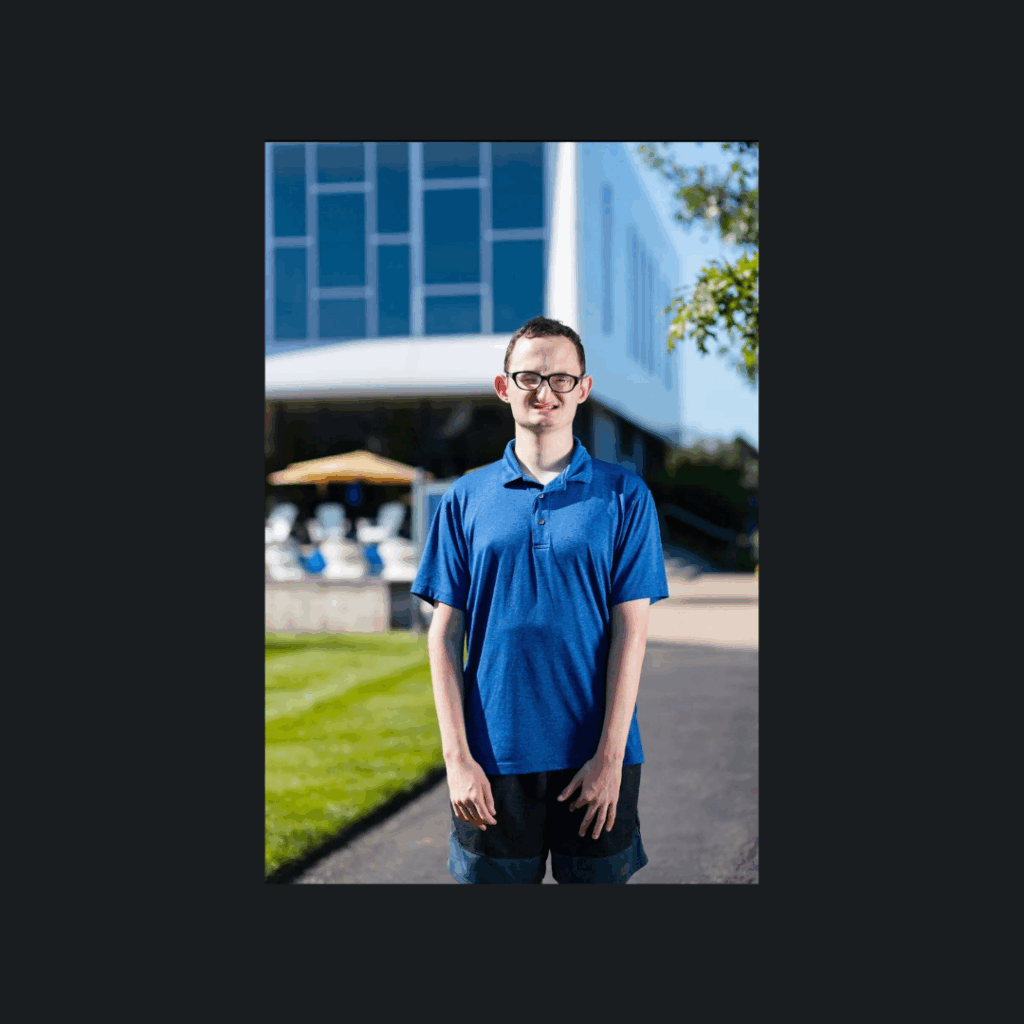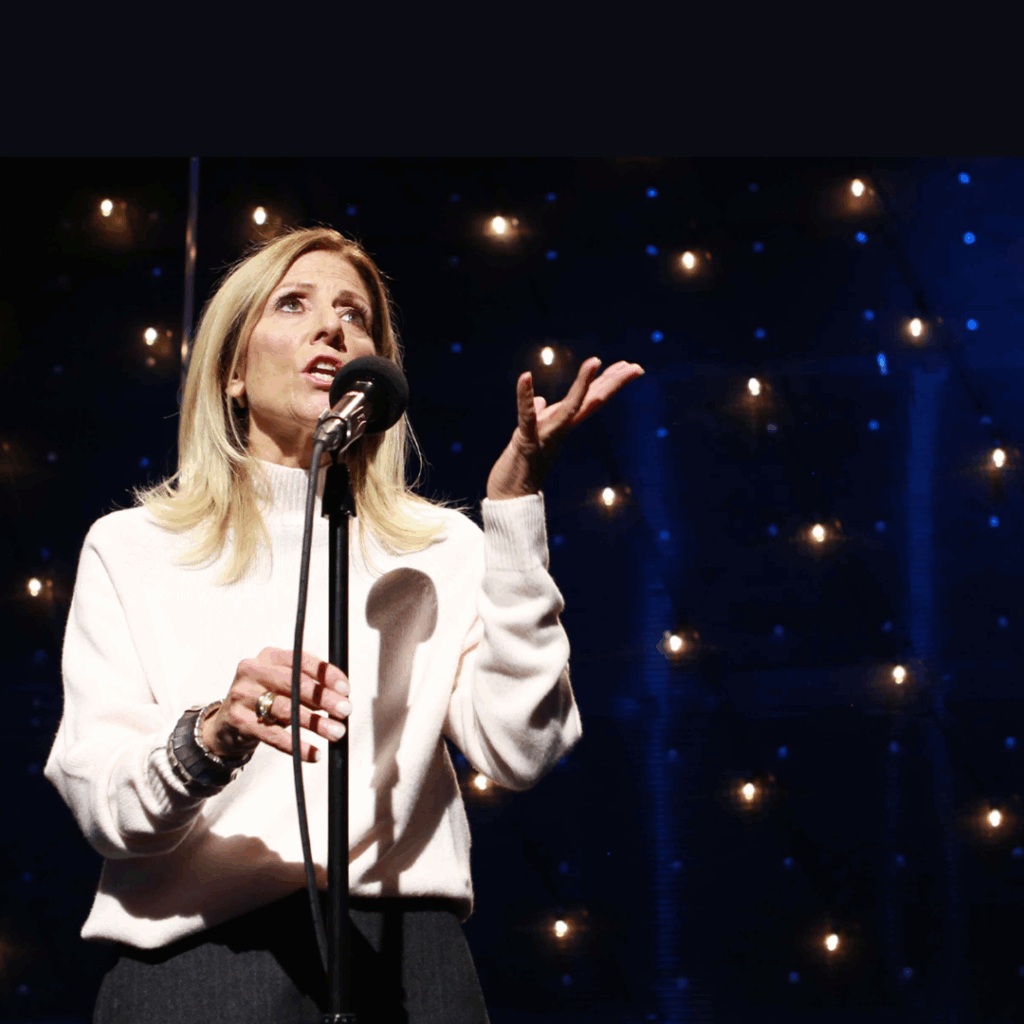It’s a comic irony that the word “blind” is used as a simile for being unaware or ignorant. It’s ironic because there’s so much ignorance about what blindness really means. Most mainstream ideas about blind people and life as a blind person are extremely exaggerated or just plain wrong. A lot of this has to do with media.
We are assaulted by tons of images, videos, and ads every day online. And embedded in this media are ideas. When it comes to being blind, and being disabled in general, the media often conveys harmful generalizations and misconceptions. Because of this, many people see blindness as an all-or-nothing situation: you either have average vision or you see nothing at all.
But this is not true. Blindness, and most other disabilities, don’t exist in a binary with able-bodiedness. Blindness is a spectrum, with a range of visual experiences.
I have a little bit of vision – I am pretty much completely blind in my left eye, and I have a small telescope-like area of vision in my right eye. Within my small scope of vision, I have pretty clear vision. This means I can read, write, draw, and do many other things that, according to society, blind people shouldn’t be able to do.
But this doesn’t mean I’m not blind.
Blind Enough
People have said to me “you can’t call yourself blind – you’re visually impaired.” First, no one can dictate someone’s identity for them. But in addition, this is incorrect because you don’t have to be unable to see anything but total darkness in order to be part of the spectrum that is blindness.
I have a significant vision disability that greatly impacts my life. And I recently decided that I’m no longer going to use different language to describe myself simply because others refuse to understand what blindness means. To be clear: there is nothing wrong with someone calling themselves visually impaired, low vision, or any other term they’d like. But I’m tired of having to categorize myself in a specific way for the sake of others accepting my disability. I’m blind enough.
About the author
Courtney is a (legally) blind student, audio describer and media maker in Seattle, Washington. These days, she specializes in video work that focuses on disability issues. She loves playing the ukulele, singing, and anything musical – she’s also big into film and reading. One day, Courtney aspires to work on video production and social media for an organization that does important human rights work. She also aspires to one day be the owner of a Pomeranian.
You can follow Courtney on Instagram at @enleyetening.



